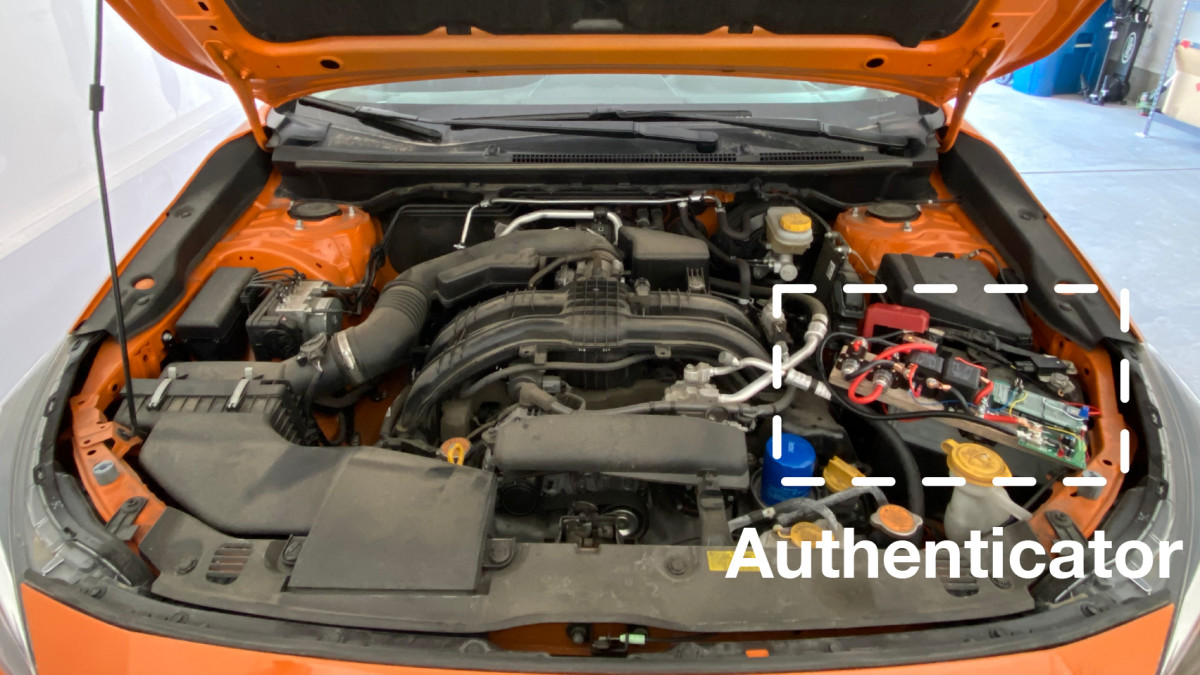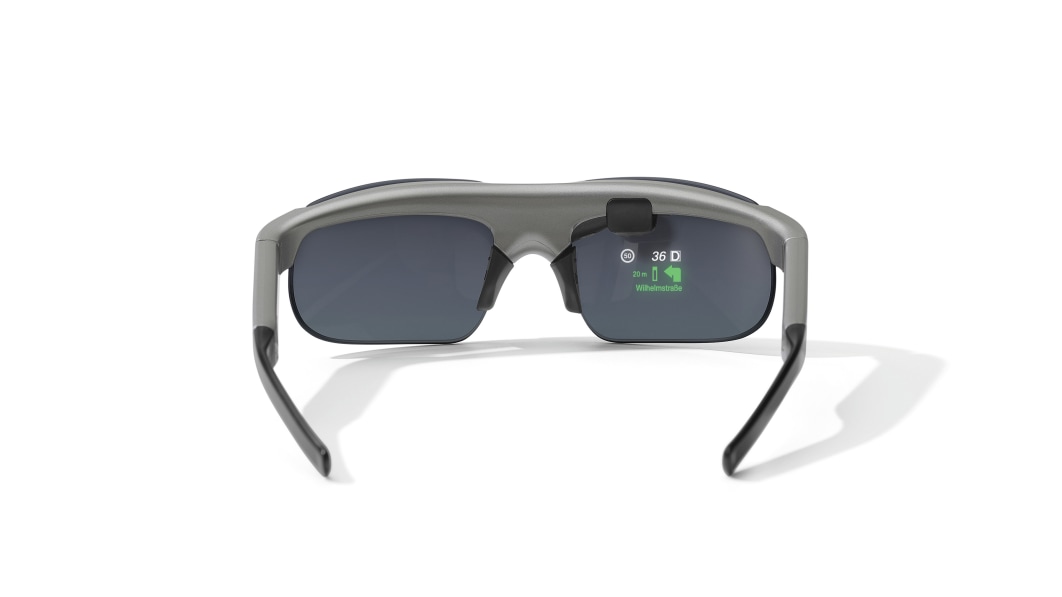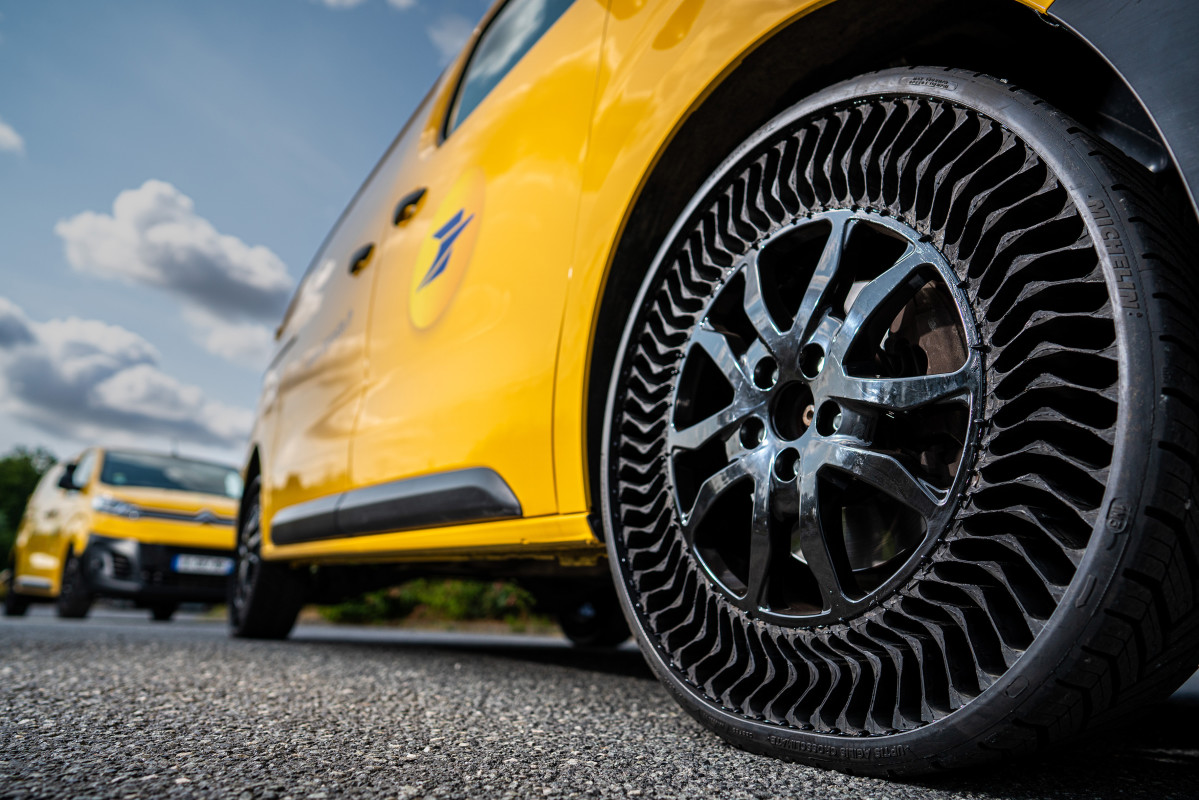
Keyless car hacking and high-tech ways to steal modern cars continue to proliferate, but the University of Michigan just proposed a somewhat low-tech method of halting these kinds of thefts.
Researchers are calling it the “Battery Sleuth” for the time being, and while it’s at least three years out from being a product one could buy, it’s an intriguing proposition nonetheless. The device is connected between the vehicle’s battery and the electrical system, and it works by monitoring voltage fluctuations. The driver can interact with the device via a numerical keypad or fingerprint sensor, and if they enter in the correct code, the Battery Sleuth will send out a “voltage fingerprint” over the electrical system that enables the vehicle to start. Until the correct code or fingerprint is detected, the Battery Sleuth limits the amount of power that can be drawn from the battery. There will be enough power to operate things like the lights, windshield wipers and turn signals, but not enough to power the vehicle’s starter, which should thwart a thief from simply getting in and driving off.
Being able to use those auxiliary systems is important, too, because researchers say that operating those systems in a certain order could also be used as an authenticator to deliver the correct voltage fluctuation fingerprint. A combination of flicking the wipers, activating a turn signal or two, flashing the lights on and off and locking/unlocking the doors could theoretically be your voltage fluctuation “code” to make the car turn on.
Of course, thieves could always try to guess a passcode or sequence of actions, but the consequences are similar to trying to guess someone’s smartphone passcode. Enter in the wrong sequence, or press the wrong fingerprint into the sensor enough times, and the car’s alarm will sound. It’s also designed to completely shut down the car’s electrical system if it detects an unauthorized power source is connected to the vehicle.
The University of Michigan says a field test determined the Battery Sleuth to be 99.9% effective “at detecting and preventing illegitimate activity without interfering with normal vehicle operation.” That study only involved eight vehicles, but more testing is in the works. Researchers claim there’s nothing to hack due to this solution’s simplicity, but making the impossible-to-hack claim is always a dangerous game.
Three more years of research and testing is on the docket next, and once that’s complete, the team believes it will have a prototype that can be used for commercial production. The greatest potential is that this system could be used as a complete vehicle entry and control system that does away with key fobs and keys, but we’ll just have to wait and see if the Battery Sleuth has a future in new production cars.
Related Video:










